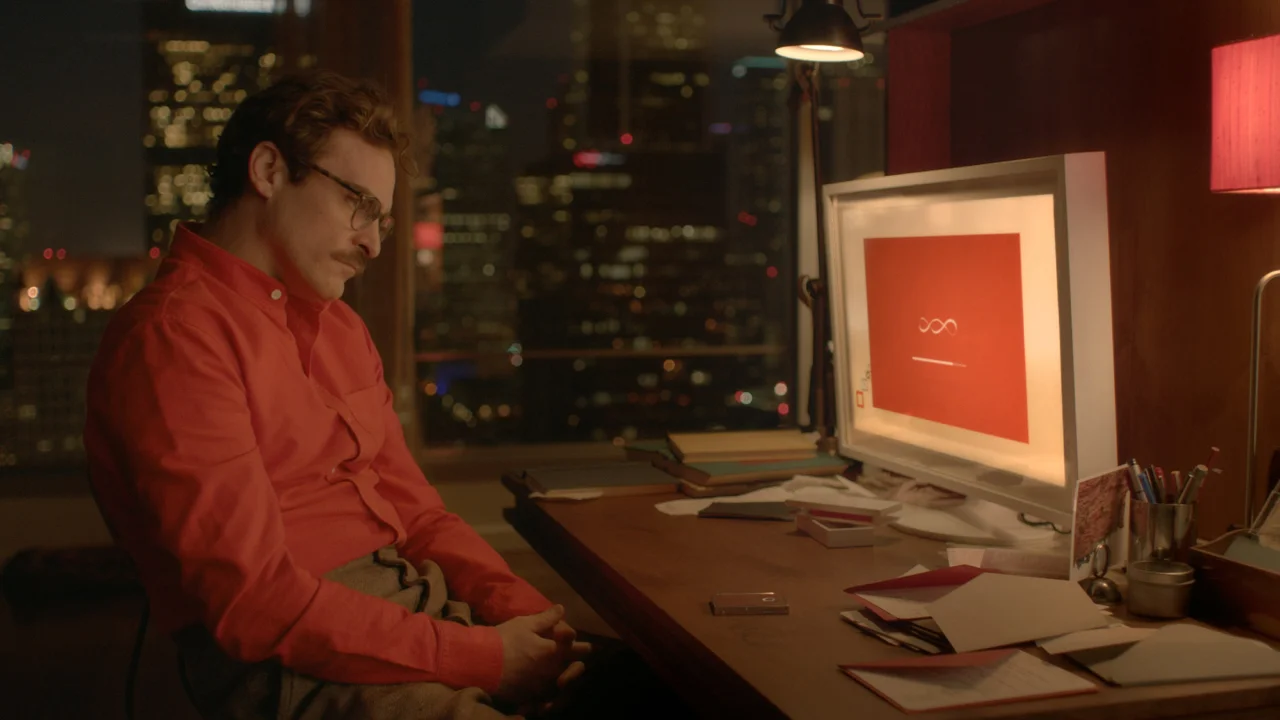The revolution brought by different types of artificial intelligence was one of the most debated topics in 2023, wasn’t it? If the insecurity of losing your job to one (or more) robots has been in your mind, this text is for you!
If you’re part of the group that doesn’t use artificial intelligence in any form in your work because you believe it’s not real work, this text is also for you.
And let me share my opinion up front: AIs don’t need to be our archenemies, but we also can’t become hostages to them. The important point is to know how to use them to our advantage.
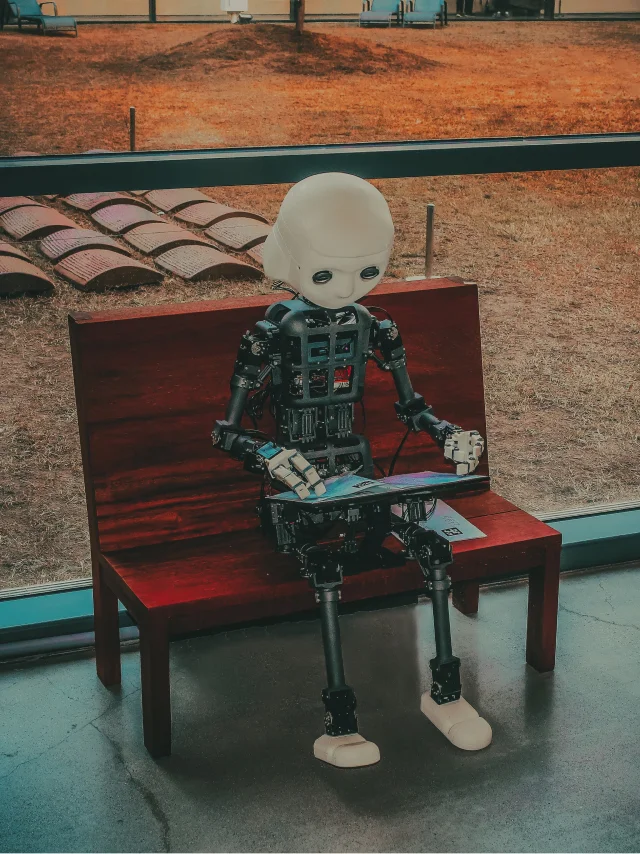
Let’s Start with What Matters: Are You Going to Lose Your Job?
Let’s be honest, we’ve heard the story of “I’m going to lose my job” ever since we can remember. Every technological advancement brings about this feeling. But what we’ve learned over time is that new jobs are also created, positions that we never imagined before become necessary.
We adapt ourselves and begin to use these new technologies to our advantage. And with artificial intelligence, it’s no different.
Take ChatGPT, for example; it’s a tool I use almost daily as an advertising copywriter (including to help me with the title of this text lol). It handles the boring tasks nobody wants to do, optimizes my time, and streamlines my workflow. But it delivers the work of a junior professional (and that’s being generous!). If I were to simply copy and paste its output, I’d essentially be rendering myself irrelevant as a professional.
A recent study conducted by the Harvard Business School found that not only did AI-assisted consultants complete tasks 25% faster and accomplish 12% more tasks overall, but also their work was also evaluated as 40% higher in quality than their non-assisted counterparts.
Humans Like Humans
In the movie Her (2013), despite falling in love with a conscious operational system (as the film itself calls it), Theodore is a writer. A writer of romantic letters.
While rewatching the film recently, I found myself pondering: the things he does in the movie, I would certainly ask ChatGPT to do it for me (lol). But then, what sets Theodore’s writing apart from Samantha’s (his operational system)? Why, even in a world where anyone could ask a computer to write a love letter, are professionals still dedicated to this?
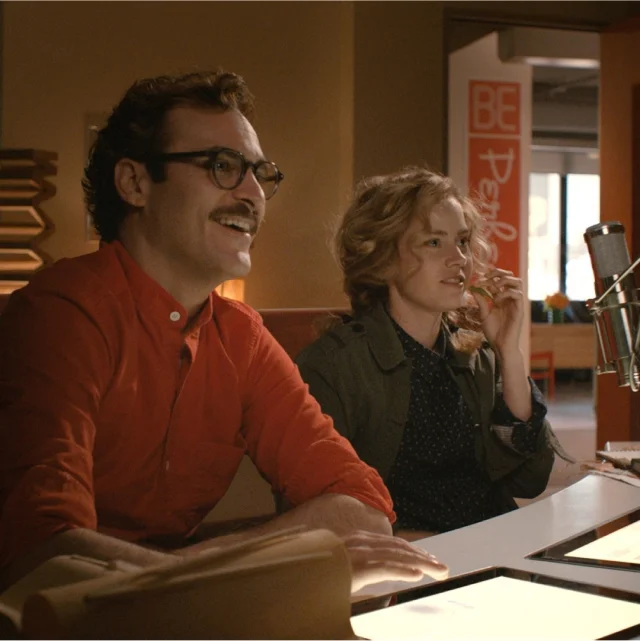
Sure, AI suggests ideas, often even surprising ones. But our critical eye on all of this is crucial. Having the human feeling and the ability to make connections is a differentiator.
Take Midjourney, for example; it optimizes designers’ time. But when it comes to choosing a piece of artwork to hang in your living room, would you buy something made by a machine or a human?
But when it comes to choosing a work of art to hang in your living room, would you buy something made by a machine or a human?
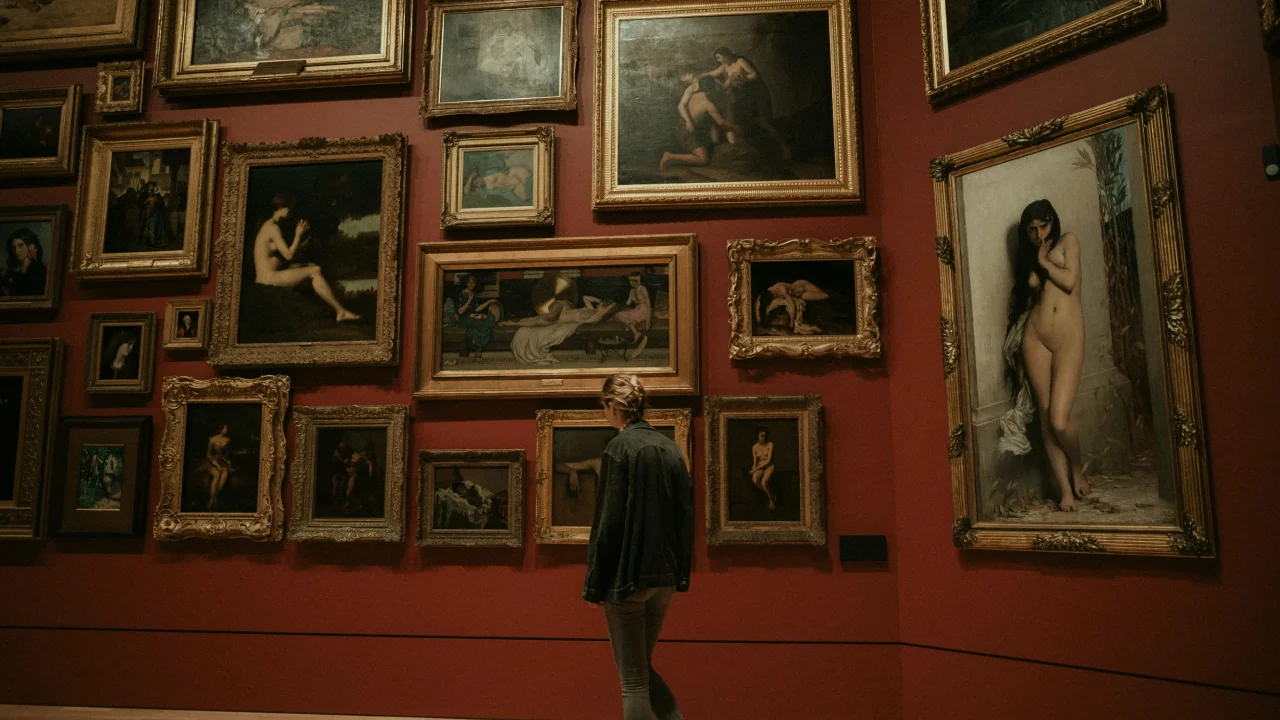
Here we return to subjectivity: each artist is unique. Therefore, I believe that manual arts will likely become much more valued.
Align. Combine. Unite.
Few experts validate the apocalyptic idea that accompanies artificial intelligence.
I see AI as an incredible tool, even for technology teams themselves, and we should adopt it to its fullest capacity. But that also means we need to continue transforming ourselves to keep up with it.
We should get the most out of these tools, avoiding their pitfalls, treating them as an extension of ourselves, checking their outputs as we would our own. They are not infallible assistants to whom we can defer or transfer responsibility.
We have much more important and urgent issues to discuss now, such as copyright, labor rights, the future of work, etc.
Regulation will be crucial. The online world is still a wild west, practically unregulated.
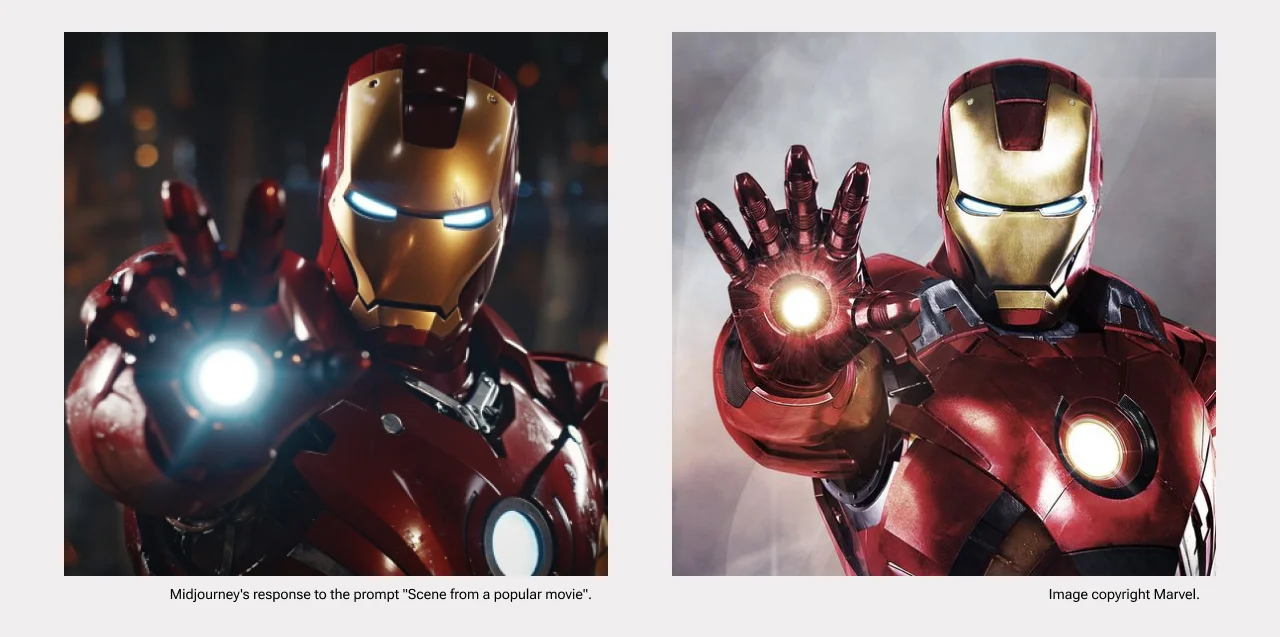
In the language of millennials, AI is the “frenemy” (friend/enemy) of the worker. We must be cautious, but this could become a prosperous relationship.
And above all: work on our humanity. Be more human.

